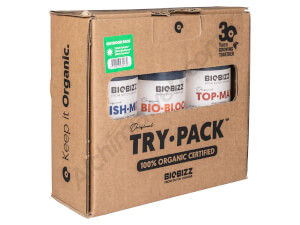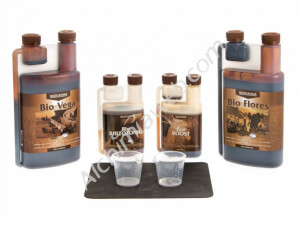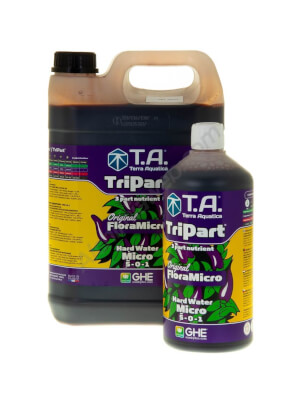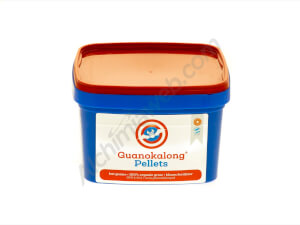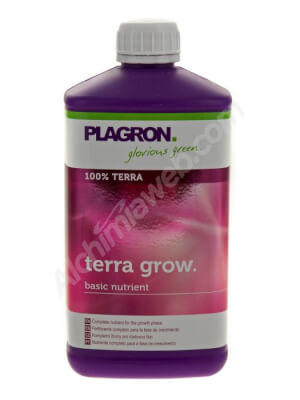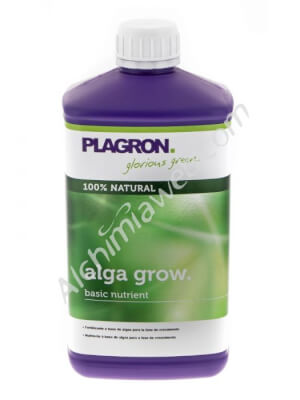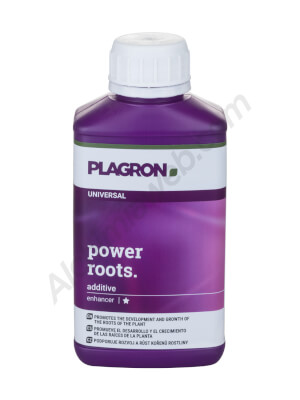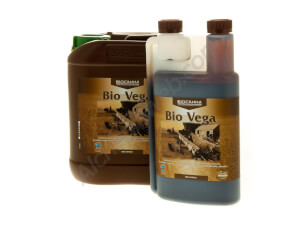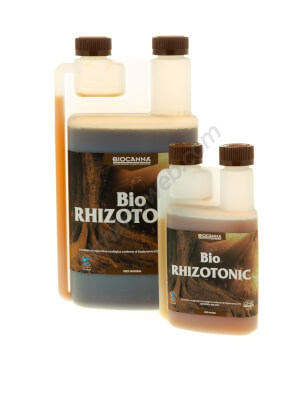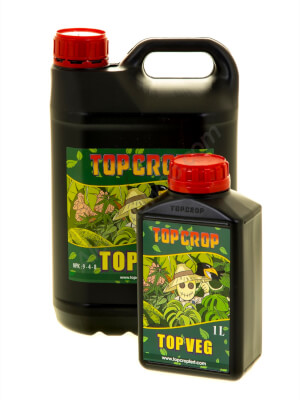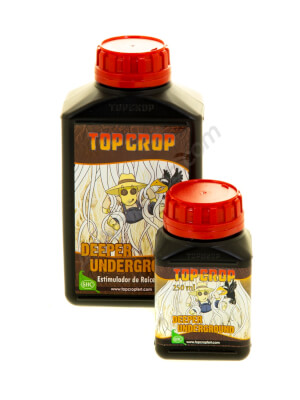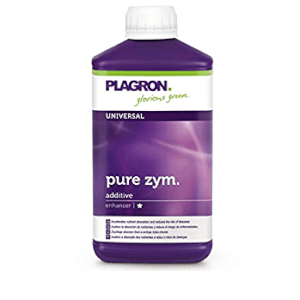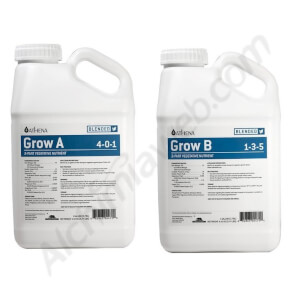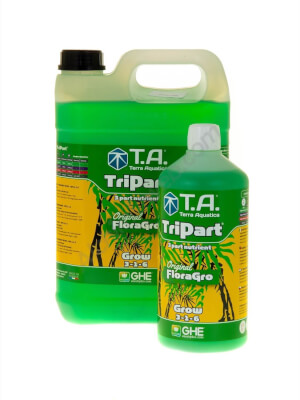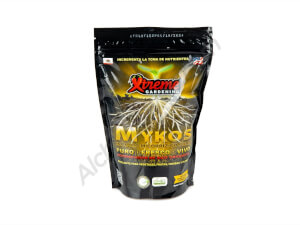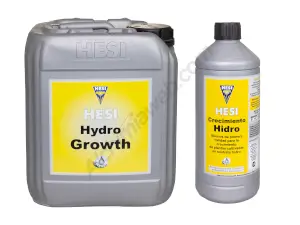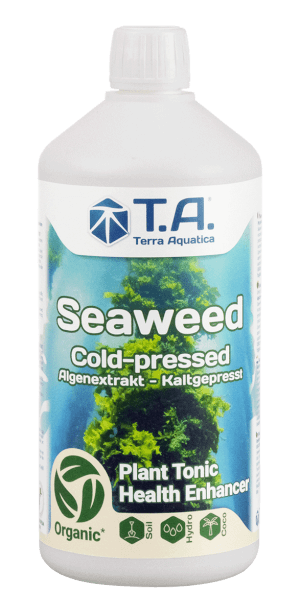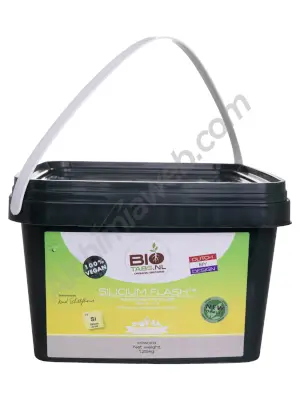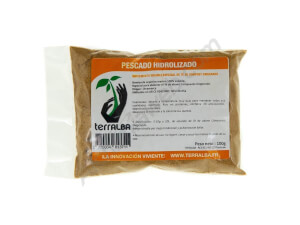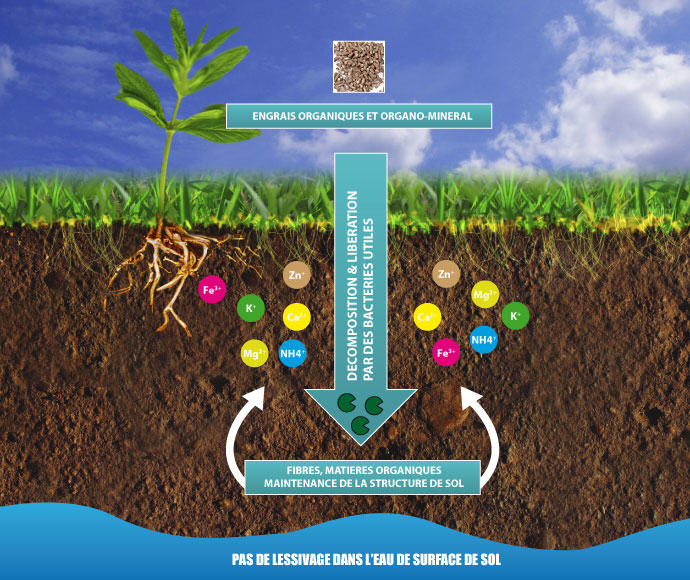Fertilisers with high nitrogen content for growth
There are many specific fertilisers available for the growth phase, in either liquid or solid form, and from mineral, organic, or organic-mineral origins. These fertilisers help the plant develop optimally by stimulating the production of foliage to increase its photosynthetic capacity.
Types of growth fertilisers
Growth fertilisers can be classified based on their origin:
- Organic: Derived from biological sources, such as bat guano, manure, or worm castings. Organic fertilisers take more time to be absorbed by the plants.
- Mineral: Sourced entirely from minerals, either extracted from the subsoil (mines), or produced through chemical synthesis.
- Organic mineral: A combination of the two previous types.
Fertilisers can also be classified by their method of application. The most common are:
- Soil application: The substrate contains the nutrients to be absorbed by the plant.
- Irrigation application: Fertilisers are supplied to the plants during watering.
- Foliar application: Nutrients are absorbed through the leaves, providing the fastest absorption.
Some classify fertilisers based on their composition (simple/composite fertilisers, etc.) or their state (liquid, solid, gas). There are also solid growth fertilisers that do not need to be dissolved in water. These are simply mixed into the substrate or added to the soil surface. Solid fertilisers are slow-release and need only to be watered in as required.
Growth fertilisers for soil cultivation
When growing cannabis in soil, fertilisers from any source can be used. Any fertiliser designed for cannabis growth is valid, whether organic, mineral, or organic mineral, as they are all formulated to provide the correct balance of NPK (nitrogen, phosphorus, potassium) and essential micronutrients for the vegetative phase.
In this post we will give you important information about the use of fertilisers for cannabis plants, distinguishing between mineral and organic fertilisers and their main features in order for you to decide which type of nutrients to use throughout the growing cycle.
It is important to note that in outdoor soil cultivation, the plant has access to a larger volume of soil. In pot cultivation, however, it is necessary to supply all the nutrients required for growth, as the roots have access to a more limited volume of nutrients.
Growth fertilisers for coco and hydroponics
In aeroponic or hydroponic growing systems, fertilisers must be of mineral origin to prevent clogging in the system or fermentation in the irrigation tank, as they may remain diluted in water for weeks in optimal conditions.
Fertilisers for coco or hydroponic cultivation are also suitable for soil cultivation. The most popular are two-part formulations, often labelled A and B, which are typically diluted in equal parts in water, with one containing micronutrients and the other macronutrients.
Growth fertilisers for mother plants
If you wish to maintain mother plants, growth fertilisers are ideal as they allow the plants to stay in the vegetative phase for extended periods.
Keeping cannabis mother plants may seem difficult for beginning growers, but nothing could be further from the truth. In this article we explain everything you need to know about the nutrition of the mother plants, an important aspect to achieve a correct development of the plants in the following months.
Growth Fertilisers for Autoflowering Plants
Auto-flowering cannabis plants have slightly different nutritional requirements compared to photoperiod plants. Since they grow and flower simultaneously, it is recommended to prepare a good all-mix substrate and primarily use flowering fertilisers.

































